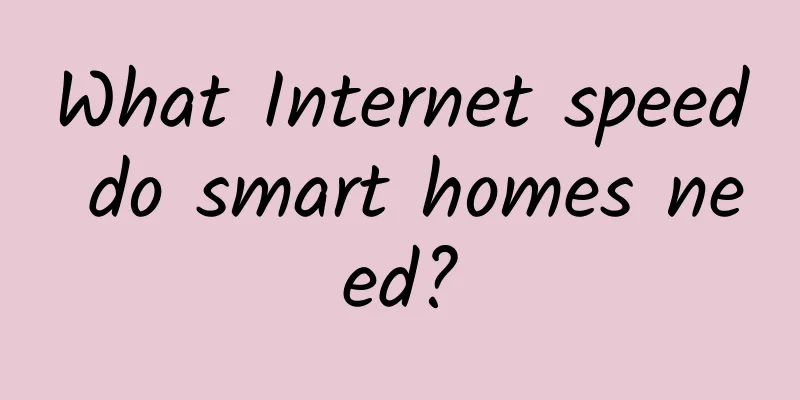A brief discussion on processes, threads, and the choice between multithreading and multiprocessing

|
My understanding is that a process refers to an application running in the system; once a program is running, it is a process, or to put it more professionally: a process refers to an instance of a program when it is executed, and a thread is an entity of a process. Process - the smallest unit of resource allocation, thread - the smallest unit of program execution.
The difference between thread processes is reflected in several aspects: 0: Because the process has independent stack space and data segment, every time a new process is started, it must be allocated an independent address space, and many data tables must be established to maintain its code segment, stack segment, and data segment. This is very "luxurious" for multiple processes, and the system overhead is relatively large. Threads are different. Threads have independent stack space, but share data segments. They use the same address space and share most of the data. They are more economical than processes, with less overhead, faster switching speed, and high efficiency. However, it is precisely because of the independent characteristics of processes that the process security is relatively high. Also, because the process has an independent address space, after a process crashes, it will not affect other processes in protected mode, and a thread is just a different execution path in a process. The death of a thread is equivalent to the death of the entire process. 1: It is reflected in the communication mechanism. Because processes do not interfere with each other and are independent of each other, the communication mechanism of processes is relatively complex, such as pipes, signals, message queues, shared memory, sockets and other communication mechanisms. However, threads have a very convenient communication mechanism because they share data segments. 2: All threads belonging to the same process share all resources of the process, including file descriptors. Different processes are independent of each other. 3: Threads are also called lightweight processes. Processes have process control blocks, and threads have thread control blocks. 4: A thread can only belong to one process, while a process can have multiple threads and at least one thread; 5: Reflected in the program structure, let's take a simple and easy-to-understand example: when we use processes, we involuntarily use nested if else to judge pid, which makes the program structure cumbersome, but when we use threads, we can basically get rid of it. Of course, it still needs to be used when the internal execution function unit of the program needs to use it, so threads are very helpful to improve the program structure. The choice of process and thread depends on the following points: 0: Prioritize threads that need to be created and destroyed frequently; because it is very costly for a process to create and destroy a process. 1: Threads switch quickly, so use threads when a lot of calculations are required and switching is frequent. Using threads for time-consuming operations can improve the responsiveness of the application. 2: Because threads are more advantageous in terms of CPU system efficiency, it may be necessary to develop processes for multi-machine distribution and threads for multi-core distribution; 3: Use threads for parallel operations, such as concurrent threads on the server side of C/S responding to user requests; 4: When you need more stability and security, it is suitable to choose process; when you need speed, it is better to choose thread. |
<<: How to play the NB-IoT game in 2019?
>>: IPv4 and IPv6: Is the Internet Facing a Split?
Recommend
Apple CEO Cook: 5G promotion is still in the "early stages"
Apple CEO Tim Cook believes that 5G promotion is ...
Hypere: £12/quarter KVM-AMD Ryzen9/2GB/70G NVMe/10Gbps unlimited traffic/UK data center
Hypere should be a relatively new foreign hosting...
Ruijie Cloud Desktop solves financial development and testing problems and is praised by Yixing Rural Commercial Bank!
Technology drives the transformation of the times...
Before 5G mobile phones become popular, these problems must be solved first
Although information about 5G has attracted a lot...
Gigabit broadband: speed for speed’s sake?
At this year's Broadband World Forum (BBWF 20...
PacificRack: Windows VPS in Los Angeles Data Center starting at $12 per year
PacificRack has released several discounted VPS p...
Wi-Fi 5 is being phased out, while Wi-Fi 6 is experiencing an explosion: its share is growing
[[388418]] Today, IDC released the "China WL...
"Small body but great wisdom" Huawei helps Wanyang digitalize small and micro parks
[51CTO.com original article] How many "chara...
80VPS: VPS annual payment starts from 199 yuan, US/Japan/Hong Kong/Korea dedicated server starts from 350 yuan/month
80VPS is a Chinese hosting company. The tribe has...
Huawei and iSoftStone jointly launch IoT solutions to lead the digital transformation of the industry
[51CTO.com original article] The implementation o...
Excellent use cases and benefits of edge computing
The use of edge computing in the enterprise will ...
A revolutionary product that inspires the times! Huawei Mate X, a foldable phone, brings a whole new user experience
2019 has come to an end, and the annual flagships...
DesiVPS launches NVMe hard drive series Los Angeles VPS starting from $20 per year
DesiVPS sent a new email saying that it has launc...
Traefik Enterprise Practice: TraefikService
Introduction The routing rules of traefik can imp...









